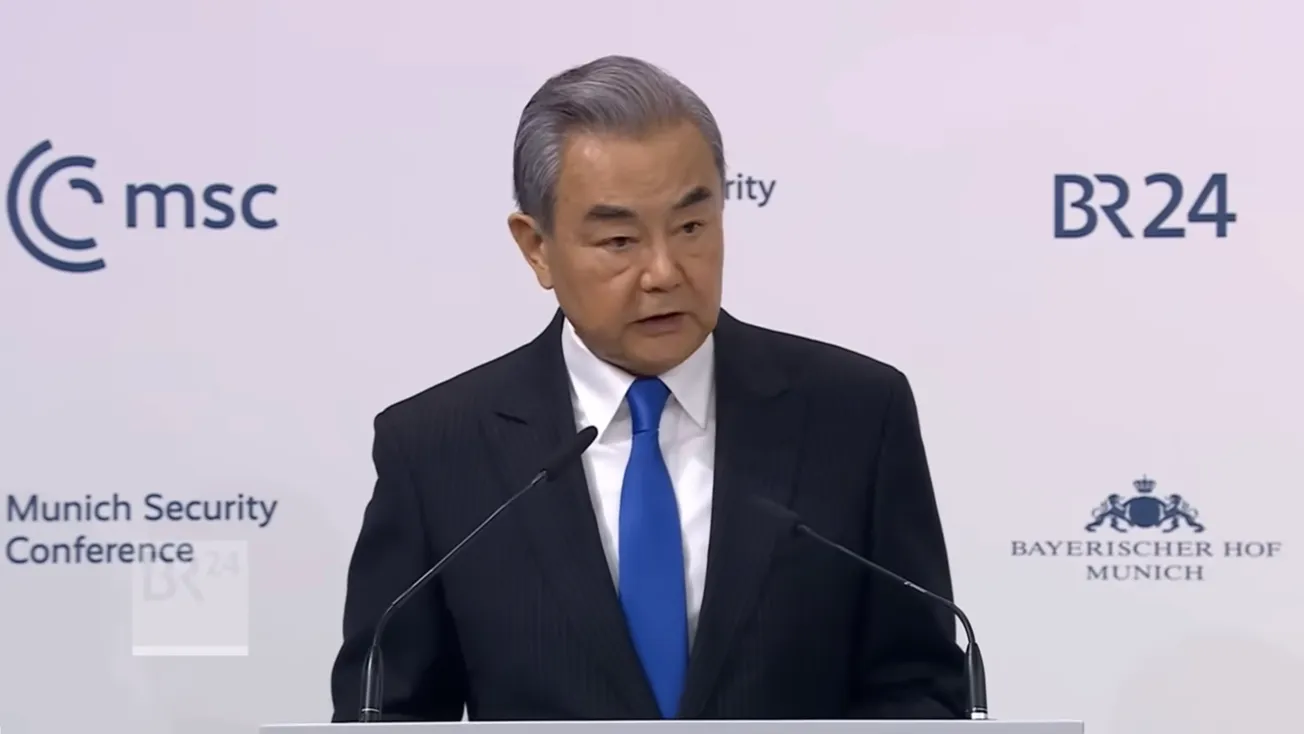On Dec. 24, 2024, Pope Francis announced a Jubilee year for 2025. Among other things, the Jubilee includes a call for debt forgiveness, particularly toward the developing sector countries with the largest amounts of debt. A brief look back shows that the Vatican has already presented some of its proposals in this direction.
On June 5, 2024, the Pontifical Academy of Social Sciences (PASS) held an event in Rome to discuss issues of debt in the Global South. The event was moderated and chaired by PASS President Helen Alford, PASS Academicians Professor Martin Guzman from Columbia University School of International and Public Affairs, and Professor Joseph E. Stiglitz. Pope Francis addressed the event, in which he made a call for a “multinational mechanism, based on the solidarity and harmony of peoples, that takes into account the global nature of the problem and its economic, financial and social implications.”
“It is not just any kind of financing that is useful to people, but one that implies a shared responsibility between those who receive it and those who provide it,” Francis said. He further said that “no government can morally require that its people suffer deprivations incompatible with human dignity.”
Francis also quoted Pope Saint John Paul II’s call for global debt forgiveness in 2000, when the latter called for “reducing substantially, if not cancelling outright, the international debt … for the common good,” pressing that this call is more urgent now than ever.
Also on June 5, the Pontifical Academy published its Final Statement from the day’s conference in Rome. Overall, the proposal recommends “no net transfers from debt distressed countries to the private sector or bilateral official creditors, and there should be positive transfers from multilateral development banks to debt distressed countries.” This will be different for different countries, they write; however, some degree of debt forgiveness is required, such that a country’s debt burden not outweigh its ability to grow and be productive. PASS therefore proposes a mixture of lowering interest rates—including by private lenders—possibly injecting new funds, lengthening loan maturities, and debt writeoffs. “It may be difficult to get the private sector to accede to this,” they add, but it must be demanded by global institutions, and “may entail imposing constraints on capital flows and other constraints on the government’s debt policies.”
They conclude: “It is essential to reform the international financial architecture, not only to facilitate just and efficient debt resolutions, but also to provide greater access to the funds that are essential to growth and development in ways that reduce the frequency and depth of the recurrent debt crises that have plagued the world.”



